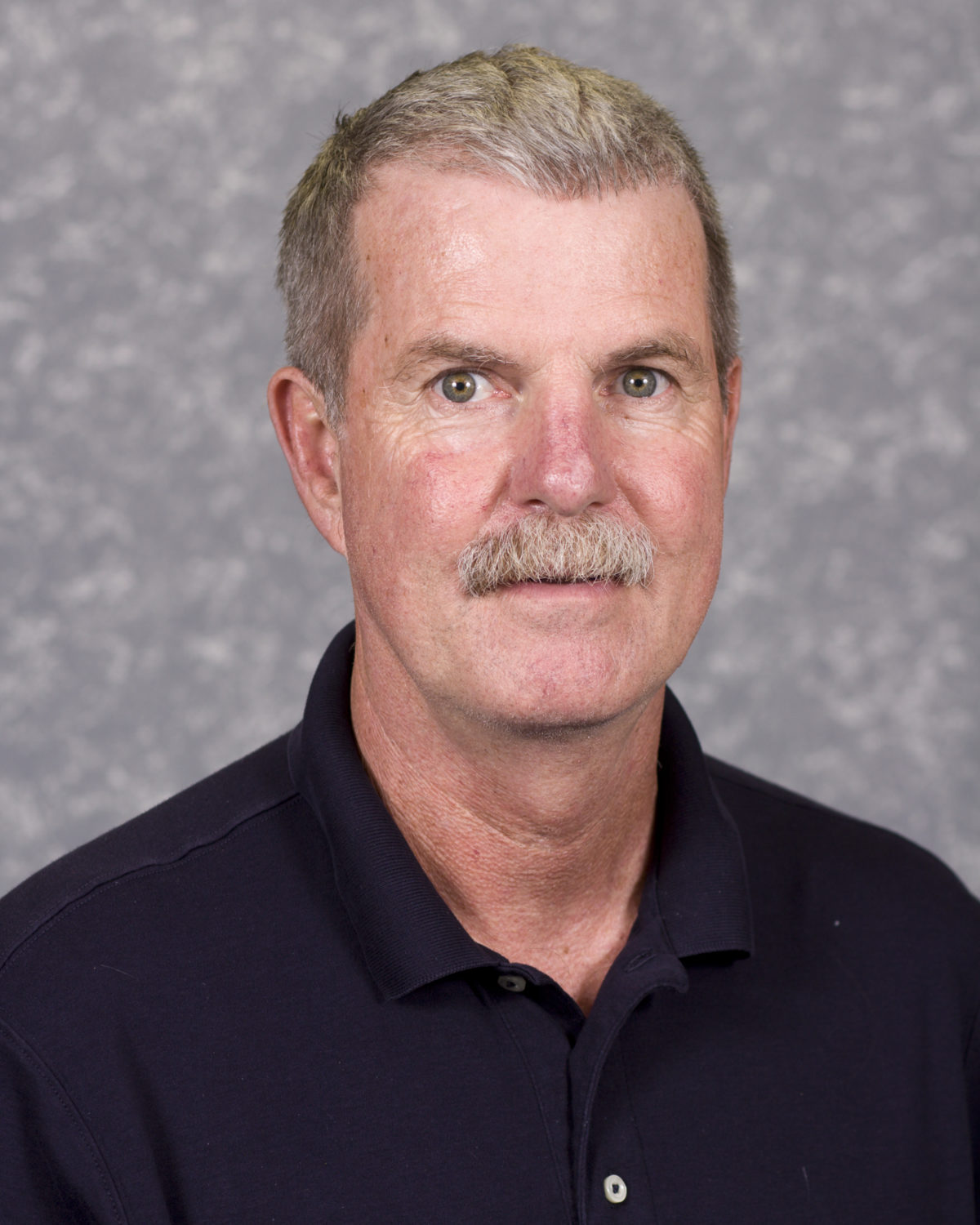
Among their many accomplishments, one may be best known for trying to grow plants in space; the other, for helping growers battle bacterial spot disease of tomato. The two University of Florida Institute of Food and Agricultural Sciences (UF/IFAS) professors have been named fellows of the American Association for the Advancement of Science.
Robert Ferl, a UF/IFAS professor of horticultural sciences and director of the UF Interdisciplinary Center for Biotechnology Research, grows plants at the International Space Station and in Antarctica as part of a program to see how best to keep future colonists alive.
Jeffrey Jones, a UF/IFAS professor of plant pathology, has for years been battling various crop diseases in Florida and worldwide, including bacterial spot of pepper and tomato as well as citrus canker.

Ferl, a plant molecular biologist, works toward understanding the mechanisms that plants use to cope with environmental stresses.
“It turns out that flight in spaceships is an interesting environmental challenge for plants, since they have evolved with gravity as a major force that shapes their development,” Ferl said. “Understanding plant adaptation to spaceflight allows me to understand fundamental concepts that broadly drive environmental adaptation, while helping the human exploration of space.”
Jones is well known in the scientific community for his seminal paper in 2014, in which his research team discovered the key citrus host gene for susceptibility to bacterial citrus canker, according to a nomination letter from one of his colleagues, UF/IFAS plant pathology professor Frank White. That research has served as a focal point for staving off the sometimes-deadly canker disease from citrus trees.
Perhaps equally as substantial, Jones has pursued an in-depth genetic analysis of strains associated with tomato and pepper bacterial spot. This research resulted in the identification of four genetic groups and placed these groups into distinct species within the genus Xanthomonas, which can cause bacterial spot, Jones said.
His work helped scientists develop disease-control strategies against Xanthomonas.
“It is an honor based on research I was involved in that would not have been possible without the many contributions of those in my lab and the collaborations at UF/IFAS, around the U.S. and internationally,” Jones said of the fellowship.
Source: University of Florida/Institute of Food and Agricultural Sciences
Share this Post










